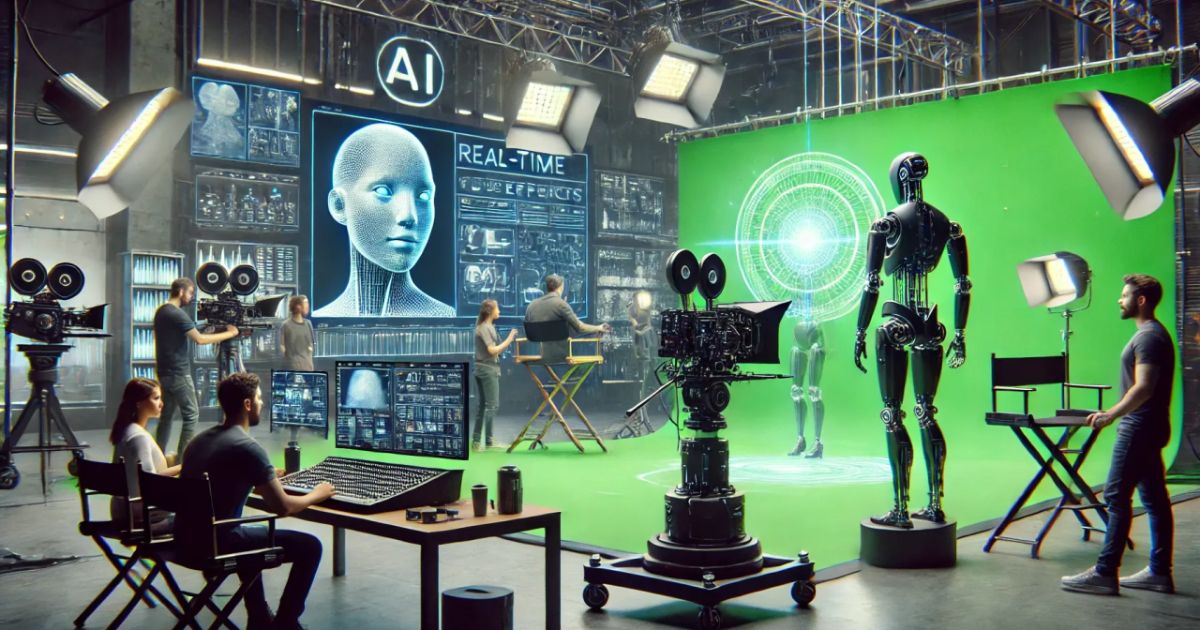Can a machine write a hit song, direct a film, or paint a masterpiece? Apparently, yes—and it’s already happening. From AI-generated music to deepfake actors in movies, artificial intelligence is rapidly becoming a co-creator in the entertainment world. But that sparks a deeper, emotional question: Where does the human touch go when the algorithm takes the stage?
For some, AI is the ultimate creative tool—breaking boundaries and opening new frontiers in storytelling. For others, it feels like an artistic takeover, where emotion is coded and originality is recycled from datasets. What happens to the struggling screenwriter, the indie musician, the voiceover artist?
This article dives into the bold and controversial intersection of AI and entertainment. Is it a spark of genius that empowers creators—or the beginning of an era where human imagination is outsourced to machines?
Grab your popcorn—this is a plot worth following.
🌟 The Promise: How AI Can Elevate Entertainment
| 1 | Creative Boost: Co-Writing and Collaboration AI helps creators brainstorm ideas, write scripts, and compose music faster and more efficiently. |
| 2 | Accessibility: Opening Doors to All AI tools enable people with limited resources or disabilities to participate in music, film, and art. |
| 3 | Personalized Content: Tailored for You AI curates music, shows, and recommendations that match users’ unique tastes and moods. |
| 4 | Efficiency in Production: Saving Time & Money AI speeds up editing, visual effects, and dubbing, reducing production time and costs. |
| 5 | Cultural Preservation: Reviving Lost Voices AI recreates extinct languages, lost art forms, or classic performances to preserve cultural heritage. |
⚠️ The Peril: Where AI in Entertainment Can Go Wrong
| 1 | Creative Control: Whose Vision Is It? AI may overshadow human voices, making creators feel sidelined or redundant. |
| 2 | Job Displacement: The Human Cost of Automation Writers, musicians, and artists risk losing opportunities as AI takes over creative tasks. |
| 3 | Originality at Risk: Copy-Paste Creativity AI may recycle patterns from existing works, leading to generic or derivative content. |
| 4 | Bias in Algorithms: Who Gets Featured? AI systems might amplify popular trends while sidelining diverse or niche voices. |
| 5 | Consent and Copyright: Who Owns AI Creations? Using AI to mimic real artists or generate works raises legal and ethical concerns about ownership. |
